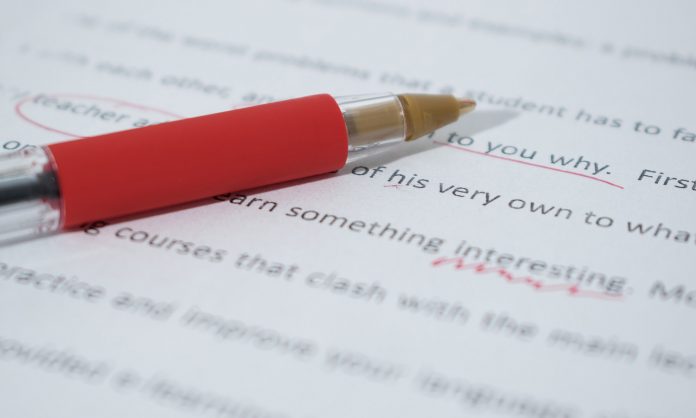
In an article for Writer’s Digest, Tiffany Yates Martin shares some more advice about hiring a developmental editor. In previous posts, she’s talked about how to know when your manuscript is ready and where to find referrals. In this post, she offers advice on due diligence: how to be sure your editor is both reputable and right for you.
“Once you’ve narrowed the field to a handful of professional editors with solid, relevant experience and credentials, taking a little bit more time to nail down key specifics and clarify expectations on both sides will not only prevent disappointment, misunderstanding, and frustration, but also ensure you get the most value for the resources you’re expending,” Martin says. She offers the following advice:
- Trust your gut. Do you get a good vibe from the editor’s website and mission statement? Do you like their approach to writing and editing? Have they edited manuscripts similar to yours or books in your genre? Don’t jump at the chance to work with a successful author who also edits. Writing and editing are two different skills.
- Ask good questions. Once you have a few prospective candidates, ask them about their services. How will they edit your work? How extensive will their comments be and how will they provide them to you? Find out their availability and turnaround time. Be sure to get firm deadlines and options for either of you to extend your dates.
- Follow the money. What are their rates? Do their rates include a follow-up review after you’ve made suggested changes? Some editors charge by page, word, or hour, or they might have a flat rate. Is their rate in line with industry standards? Do they offer a written contract? For Martin, no written contract is a dealbreaker. Is it a good contract? Martin offers some advice for what to look for.
- Ask their references. Ask for a sample edit of a book they’ve worked on. “The sample edit lets you see how the editor works firsthand, their style, tone, and approach, and whether they pick up on your intentions and their edits resonate with you,” Martin says. “It allows you to assess whether they’re a good editorial ‘fit’ for your story and style, and for the editor to do the same (you don’t want an editor who isn’t enthusiastic and confident about your story).” A sample edit also allows you see what you’re getting for your money.











